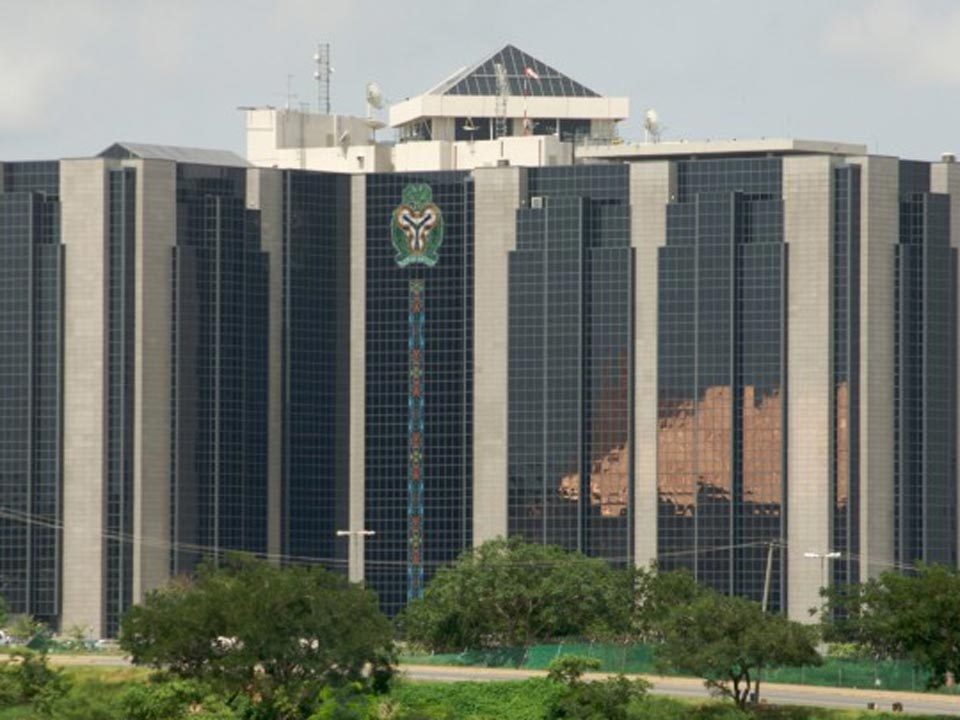Nigeria Update: ‘FBN Holdings unaffected by CBN’s dividend directive’

Nigeria Update: Seplat, International breweries, others top market N101b loss
February 28, 2018
Africa Update: OPEC, stakeholders seek reliable oil, gas data, sue for transparency
February 28, 2018FBN Holdings, the parent company of First Bank of Nigeria Limited, will not be affected by the implementation of the current dividend policy of the Central Bank of Nigeria (CBN), analysts at Renaissance Capital have said.
The conclusion came after an analysis of the directive and the Group’s financial standing, amid mixed feelings, divergent understanding of the circular, and looming consequences for the banking industry.
Already, some banks’ stocks experienced price depreciation on Monday, as a run from the CBN directive.
As a result, the Renaissance Capital analysis is reassuring for the teeming shareholders of the group, who may have lost the hope of dividend-payout based on un-clarified trending reports.
Besides, a competent source at the banking group, who preferred anonymity, told The Guardian that the policy would not affect the holding company because it is not a bank, but a financial holding company made up of subsidiaries.
“Dividends paid to the shareholders are from the subsidiaries of the holding company of which the commercial banking group (FBN) currently retains in its business to build stronger capital buffers to execute strategic initiatives,” the source said.
For analysts at Renaissance Capital, the circular has been issued since 2014, but now came with slight additions – banks that have Capital Adequacy Ratio (CAR) of at least three per cent above the minimum requirement; “Low” Credit Risk Rating; and Non-Performing Loan (NPL) ratio of more than five per cent, but less than 10 per cent, shall have a dividend pay-out ratio of not more than 75 per cent of profit after tax.
“These restrictions only apply to the banking entity (the subsidiary bank), and not the Group. The (FBN Holdings), for instance, paid out 20 kobo per share (amounting to 51 per cent dividend pay-out) in 2016, despite an NPL ratio of 24.4 per cent. This was paid out of the other non-banking subsidiaries within the group,” they noted.
Already, other banks affected by the additional provisions have turned more attention towards improving their NPL levels and shoring up capital buffers in order to ensure dividend payment.
Specifically, Diamond Bank sold off its West African operations, described by the Chief Executive Officer, Uzoma Dozie, as a profitable deal, for estimated $75.7million (N27.3billion). This would help to improve its CAR buffers.
Similarly, Union Bank recently concluded a N50billion rights issue in order to improve its capital base.
Dozie, in an interview, said the situation with the oil sector portfolios is gradually improving, giving banks added confidence for industry turnaround.
“What has happened in the last few months was that we are beginning to see cash flow come back again. The people that own the rigs and the vessels are beginning to have new jobs, which had been stalled before. So things are much better.
“The NPLs are beginning to perform and in fact, early this year, we had three or four customers that never had anything coming in 2017. So, we believe it’s a good one and it is going to impact the profitability of banks, including Diamond Bank and we believe that it will be sustained going forward,” he said.

